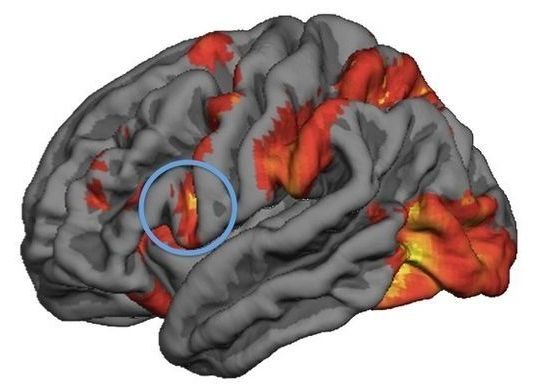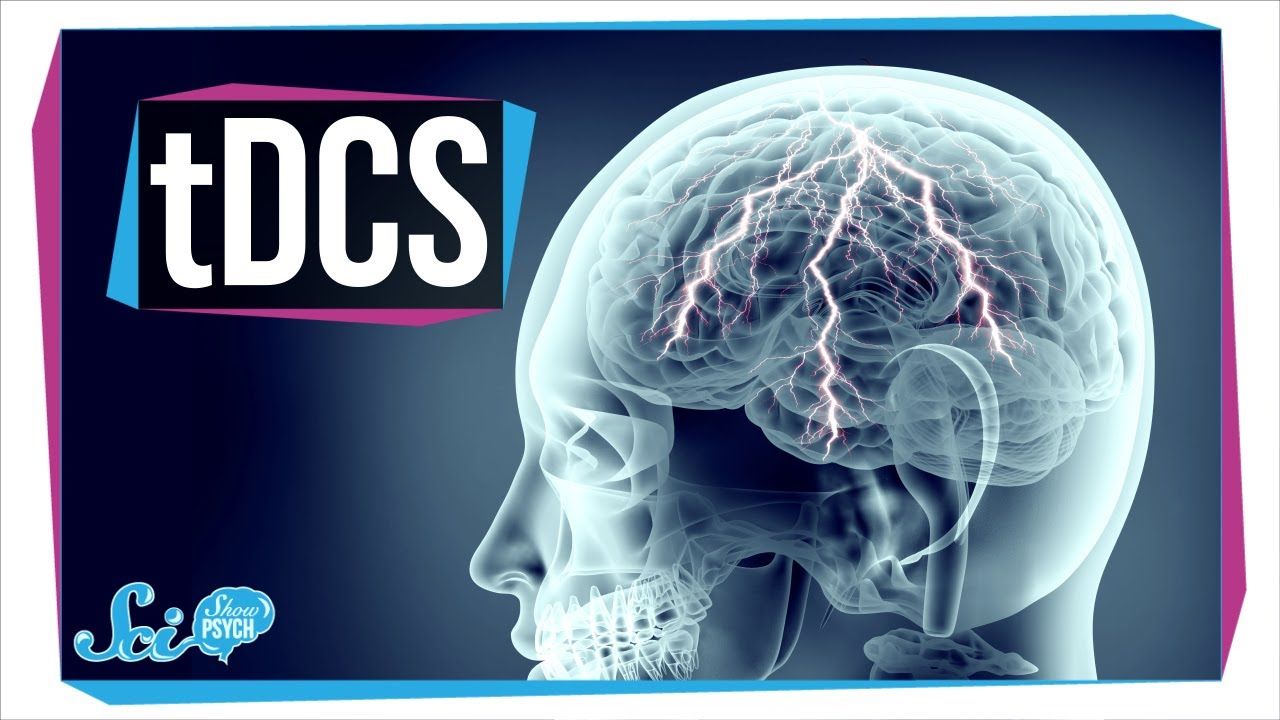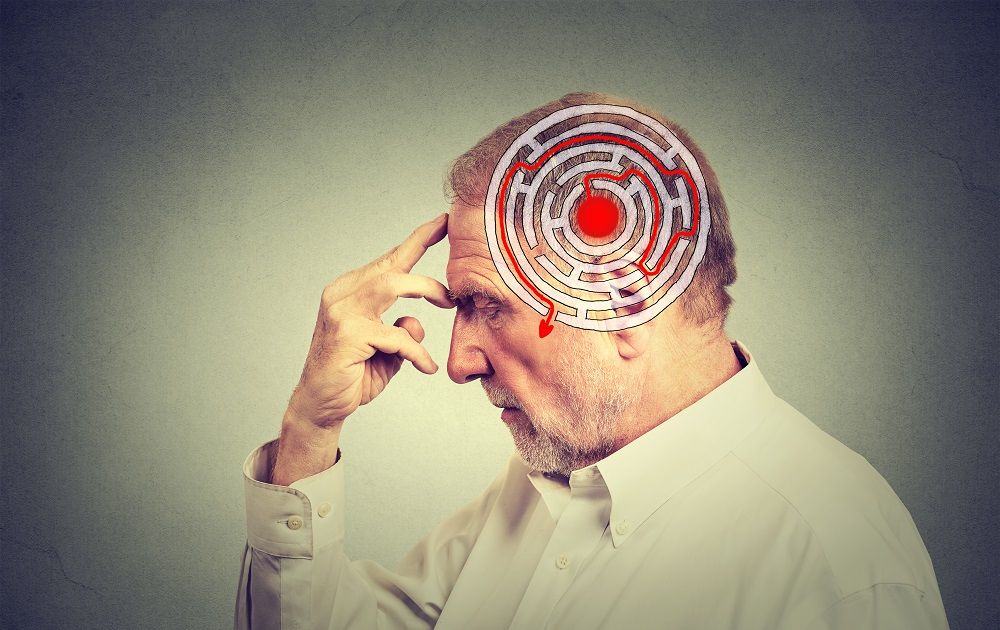It’s crazy to think that we still don’t quite understand the mechanism behind one of the most common medical interventions — general anaesthetic.
But researchers in Australia just got a step closer by discovering that one of the most commonly used anaesthetic drugs doesn’t just put us to sleep; it also disrupts communication between brain cells.
The team investigated the drug propofol, a super-popular option for surgeries worldwide. A potent sedative, the drug is thought to put us to sleep through its effect on the GABA neurotransmitter system, the main regulator of our sleep-and-wake cycles in the brain.









